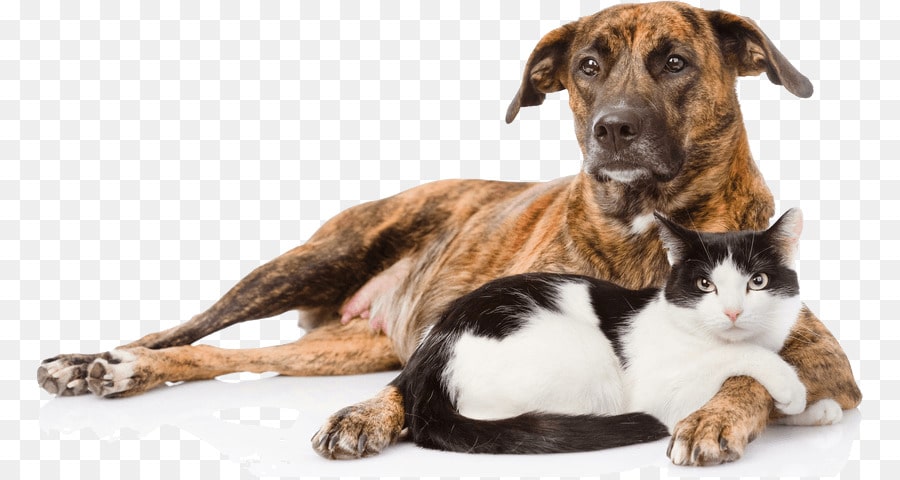Canine hip dysplasia is a polygenetic multi-factoral disease that affects large breeds of dogs. Polygenetic means more than one gene is involved, multi-factoral means many factors have caused the disease. While CHD also occurs in small dog breeds, they are often seen in large ones like German Shepherd, Newfoundland, Saint Bernard, Old English Sheepdog, Rottweiler, Golden Retriever, Alaskan Malamute, Labrador, and Samoyed. Cats can also have CHD.
What causes CHD?
CHD has been traced to the genetic makeup of the dog breed. This means it can be inherited by the dogs’ pups. While common to large and giant breeds, the small ones aren’t exempt from CHD. The genetic predisposition of some dogs is magnified by factors like excessive growth rate, obesity, and types of exercise.
If you are into large and giant breeds, know that they have special nutritional requirements. Give them food that is specially formulated for large breeds, like Addiction Mega. Giving them the right food will help prevent excessive growth rate. As mentioned above, excessive growth rate can lead to CHD and other joint diseases.
Obesity is another cause for CHD. Excess weight puts a lot of stress on the joints which may cause or aggravate CHD. Reach out to your vet and find out what kind of diet is the best to control the weight of your dog, and at the same time, keeping him in good health.
Certain types of exercise can also impact the joints of large breed pets. It’s best to consult your vet for the kind of exercise that’s just right for their size.
CHD symptoms
The American Kennel Club listed the following symptoms of CHD. If these are manifested by your dogs, have him checked by a veterinarian.
- Decreased activity
- Decreased range of motion
- Difficulty or reluctance rising, jumping, running, or climbing stairs
- Lameness in the hind end
- Looseness in the joint
- Narrow stance
- Swaying, “bunny hopping” gait
- Grating in the joint during movement
- Loss of thigh muscle mass
- Noticeable enlargement of the shoulder muscles as they compensate for the hind end
- Pain
- Stiffness
Diagnosis of CHD is usually with an x-ray. You vet will x-ray your dog’s hips to check the severity of CHD. Only then will he be able to recommend the best treatment for your dog.
Managing CHD
According to the American Kennel Club, the following may be recommended by the vet if your dog will not be undergoing surgical treatment:
- Weight reduction to take stress off of the hips
- Exercise restriction, especially on hard surfaces
- Physical therapy
- Anti-inflammatory medications (nonsteroidal anti-inflammatory drugs (NSAIDS), aspirin, corticosteroids)
- Joint fluid modifiers
Providing the best nutrition for your dogs is still the way to prevent CHD. Addiction Foods has Mega for giant dog breeds. We are also at the forefront of giving the right, balanced diet for both dogs and cats. Our dry and raw-dehydrated dog foods have taurine long before others had it in theirs. We even have vegetarian dog food for hypersensitive dogs, Zen Vegetarian.
Check out our other Addiction pet food products for your pets’ daily nutritional needs.
Addiction Foods pet foods are available from your local store.
Like us on Facebook and follow us on Instagram for more pet health and nutrition updates.











